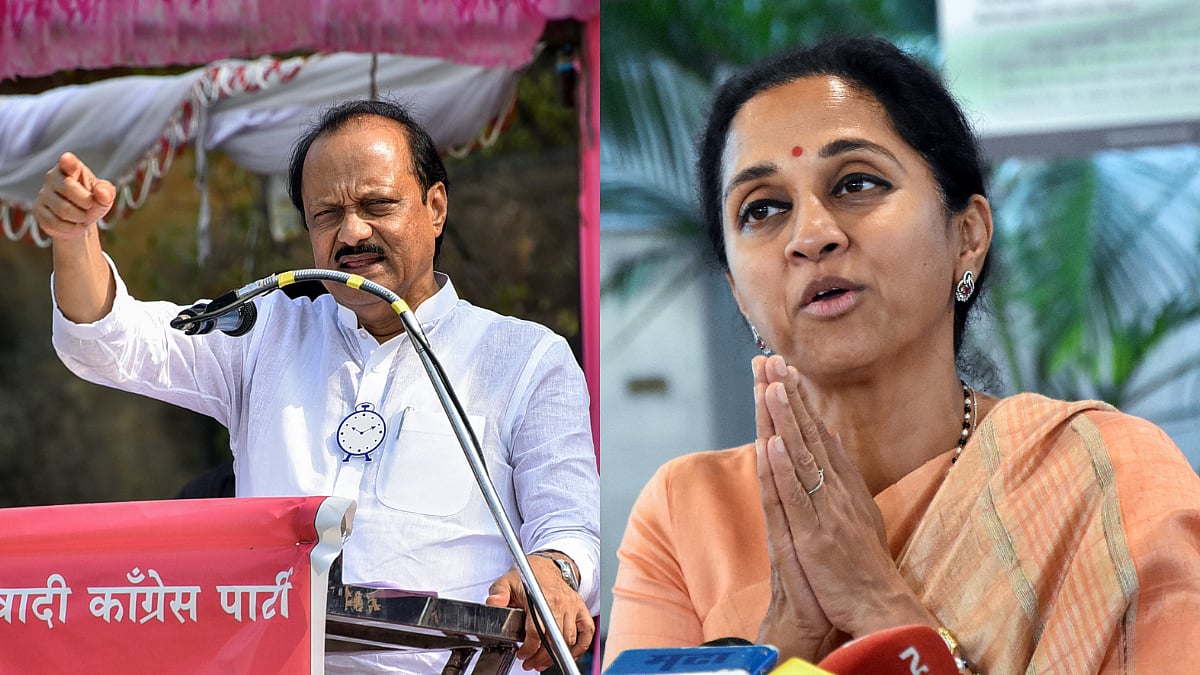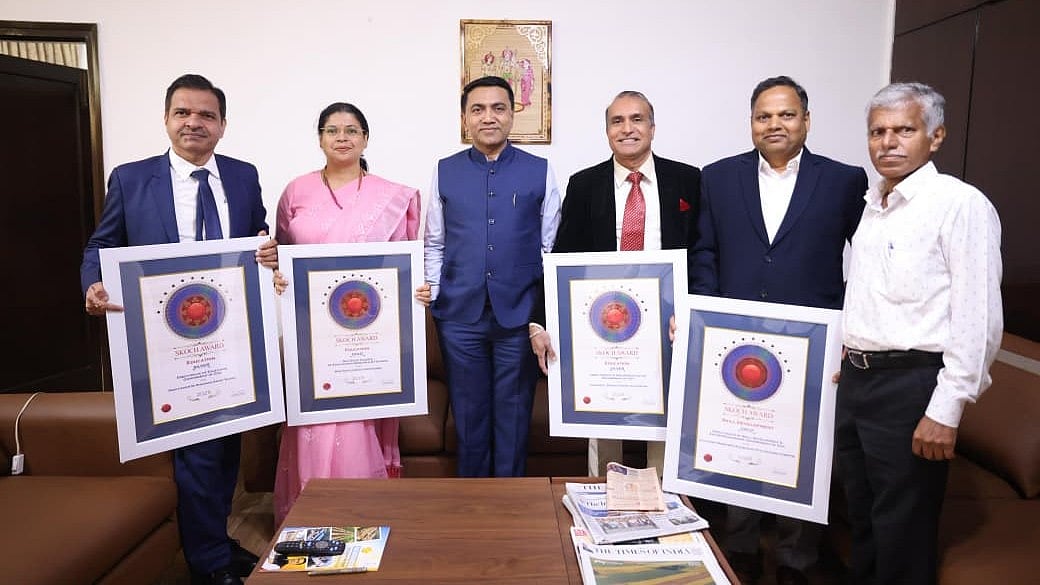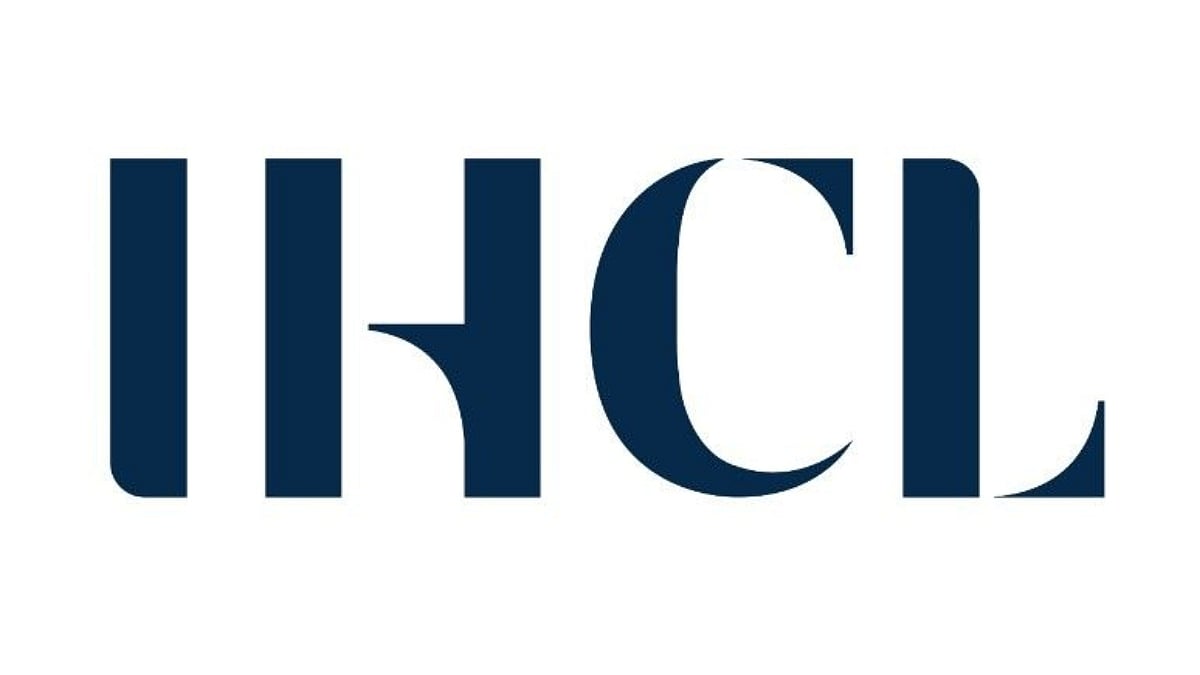For years, investors have analysed profits without fully realising that the same word often meant different things across companies. “Operating profit” in one company could look very different in another — not because their businesses were fundamentally different, but because accounting standards allowed flexibility in presentation.
That era is about to change.
With the issuance of IFRS 18 – Presentation and Disclosure in Financial Statements, the
IASB has taken a decisive step towards bringing structure and discipline to how companies
present their performance. In India, ICAI has already released the draft Ind AS 118, and once notified by the Ministry of Corporate Affairs, it is expected to apply from 1 April 2027. This is not a routine accounting update.
It represents a fundamental shift in how corporate performance will be read, interpreted and compared — not just by auditors and accountants, but by investors, analysts and boards globally.
Why the Change Was Needed
Despite global adoption of IFRS, profitability still remained difficult to compare acrosscompanies and geographies.
A key reason was simple:
While companies were using terms like “Operating Profit”, “Core Earnings” or “Adjusted
EBITDA” extensively in annual reports and investor presentations, IFRS never clearly defined how these should be derived or presented.
The result?
- Too much flexibility.
- Too much subjectivity.
And too many “versions” of performance.
IFRS 18 addresses this by standardising the structure of the Statement of Profit and Loss and introducing strict disclosure discipline around company-defined performance measures.

The intent is clear:
To ensure that when two companies report an “operating profit”, investors are no longercomparing apples with oranges.
What Will Actually Change for Companies
At first glance, IFRS 18 does not change revenue, expenses or profit numbers.
But it changes how they are organised and explained — and that can significantly impact how performance is perceived in capital markets.
The statement of profit and loss will now be structured around five clearly defined categories:
1. Operating
2. Investing
3. Financing
4. Income tax
5. Discontinued operations
In addition, two mandatory subtotals will now be required:
- Operating profit, and Profit before financing and income tax
This structure creates clear separation between:
- Core business performance
- Returns from investments
- Impact of capital structure and financing
- Impact of tax and discontinued activities
For example, today some companies present income from associates or joint ventures as part of operating profit. Under IFRS 18, that will depend on whether such investments are integral to the company’s core operating model.
In simple terms:
What belongs to operations must reflect operations — and nothing else.
The End of “Creative Adjustments”?
One of the most significant shifts is around Management-Defined Performance Measures (MPMs).
Most listed companies present adjusted numbers — adjusted EBITDA, underlying profit, core earnings — to show what they believe reflects the “true” performance of the business. Under IFRS 18, such measures are not banned. But they are no longer allowed to live in a grey zone.
Companies will now be required to:
- Clearly reconcile MPMs with IFRS-defined profit figures
- Disclose tax and non-controlling interest effects of adjustments
- Explain why management believes these measures provide useful information
This will bring these numbers under formal scrutiny, forcing greater discipline and transparency in how alternative performance measures are constructed.
For investors, this means fewer surprises hidden behind the word “adjusted”.
Why This Matters in India
In India, the ICAI-issued draft Ind AS 118 follows IFRS 18 closely, with adoption expected from FY 2027–28, subject to MCA notification.
For Indian corporates, the impact will go beyond accounting teams.
Performance-linked bonuses, debt covenants, analyst models and internal KPIs are all typically based on operating profit, EBITDA or similar metrics.
Once the definition and presentation of these change, these systems will need recalibration.
Many companies will discover that their historically reported operating profit may look different under Ind AS 118 — not because the business changed, but because the lens has changed.
A Simple Illustration: How Reality Will Look
- Consider a manufacturing company exporting goods to Europe.
- Due to currency volatility, it earns significant foreign exchange gains on export receivables.
- Today, some companies classify such forex gains under “other income” or even financing.
- Under IFRS 18, however, these gains must follow the nature of the underlying transaction.
- Since the receivable arises from sales, the forex gain becomes an operating item.
Result?
Operating profit now more accurately reflects the true operational economics of the business.
Similarly, if a company disposes of a subsidiary:
- If that subsidiary was part of its core business, the gain goes to the operating category.
- If it was an investment activity, it goes to the investing category.
- If it qualifies as a discontinued operation, it will be shown separately, overriding all other classifications.
This provides a much clearer story of performance.
What Companies Should Do Now
Though legal date of implementation is still away, the work must start early.
Smart companies will:
- Map current profit and loss items to the new classification structure
- Review all performance metrics used in investor and public communications
- Assess impact on bonus plans, covenants and internal KPIs
- Begin parallel reporting or dry runs internally before formal adoption
As seen in previous major standards (Ind AS 115, Ind AS 116), those who treat it as a last- minute compliance exercise will struggle — not just operationally, but reputationally as well.
The Bigger Picture
IFRS 18 / Ind AS 118 are not about accounting technicalities.
They are about restoring trust and clarity in financial storytelling.
In an era where capital flows quickly, investors expect numbers that are not only accurate, but comparable and credible. This standard moves financial reporting closer to that ideal.
For Indian companies, this is not just another regulatory change. It is an opportunity to
strengthen transparency, improve investor communication and demonstrate maturity in global reporting practices. And in today’s capital markets, that credibility can often be worth more than the numbers themselves.
(CA Keyur Dave is an IFRS and Ind AS Expert, Acclaimed Speaker, and Group CFO at Alfred Holdings)











